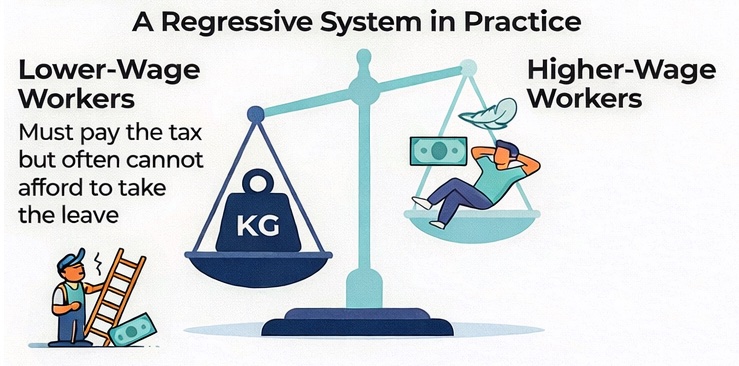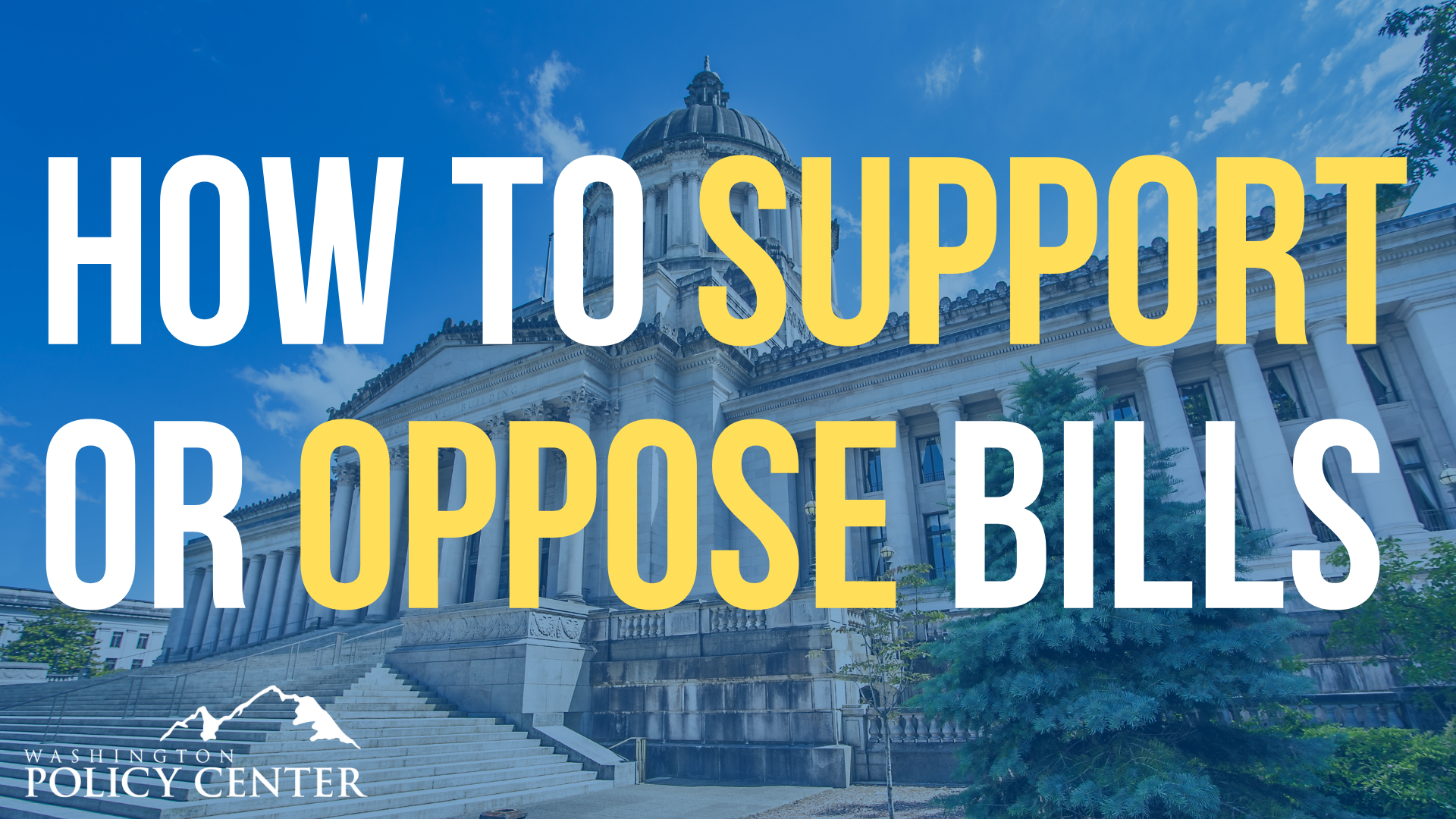In early February, I wrote about SB 5399, legislation that proposes creating yet another group focused on bringing universal health care to Washington state. Tomorrow, the dream-weaving bill will likely be voted out of a House committee and one step closer to becoming law.
The bill is now an “engrossed second substitute bill,” which is only fitting for a rerun of a gilded idea that has failed time and again to figure out a mission impossible: Quality care and individual choice suffer once people are forced into a government-run health-care system. Universal health care has delivered lower-quality care and service rationing in places that have adopted it. Read more about Canada’s experience with long, and deadly, health-care waiting lines here.
The road to failure is often paved with good intentions — and, in this case, health-care workgroups and commissions.
Instead of hoping for some Evergreen-state magic with another state commission to study a socialized system with unmet promises and that many people don’t want, lawmakers should work to liberate doctors, hospitals and patients to provide low-cost access to better-quality care.
A proposed amendment would reduce the size of the commission, change reporting requirements and, disturbingly, take away its end date. A House Bill Report explains, “The striking amendment removes the expiration date for the Commission and makes it permanent.” It adds, “The Commission's responsibility to develop a plan to create a health care system with a universal financing system is eliminated, and instead the Commission is assigned with creating immediate changes in the health care access and delivery system in Washington and preparing the state for the creation of a health care system with a universal financing system once the necessary federal authority has been obtained.”
This is what makes the bill a dream-weaving one: no plan to pay for universal health care but a transition plan in place. (I know this pattern. My teenage sons want gaming PCs. They do not plan to save for them. I will not buy them. But they have big plans about where they will sit in their rooms.)
At least setting up an ongoing commission to prepare the way for socialized health care does not hide the fact that it is not primarily looking for ways to improve health care and health-care costs for the masses: It has a predetermined opinion about what will do that and is building one road.
The amendment removes intent language that all state residents will have health coverage under a publicly-financed health-care system by 2026. That must be why the amendment was unanimously passed by the committee. The bill report also says that in the bill’s new form, “The Commission is not authorized to implement a universal health care system through a unified financing system until further action is taken by the Legislature and the Governor.” (Emphasis added.)
Thirty years of commissions in our state have not been able to make socialized health care less unpopular or solve the many problems it creates. Our lawmakers should be looking for ways to get consumers more involved in their health care, end third-party involvement and cut unnecessary regulations that limit patients and medical providers.






